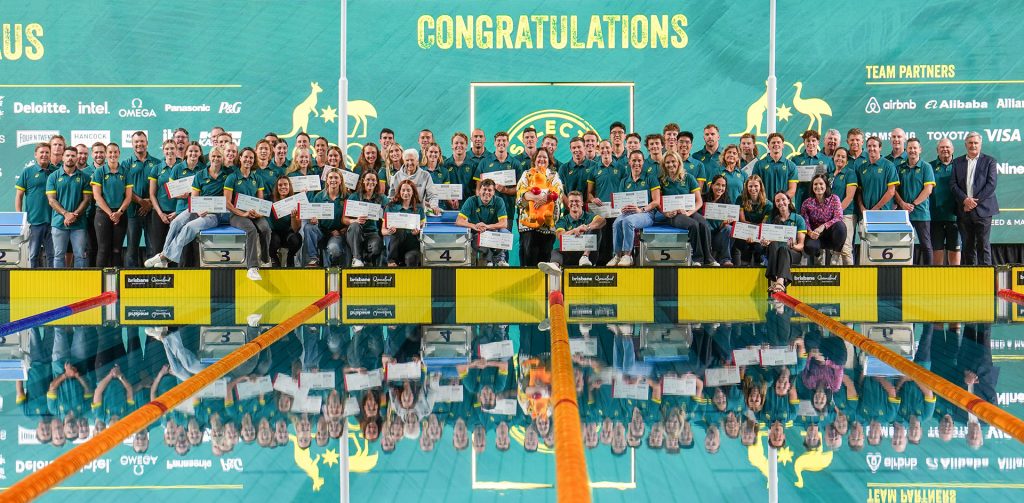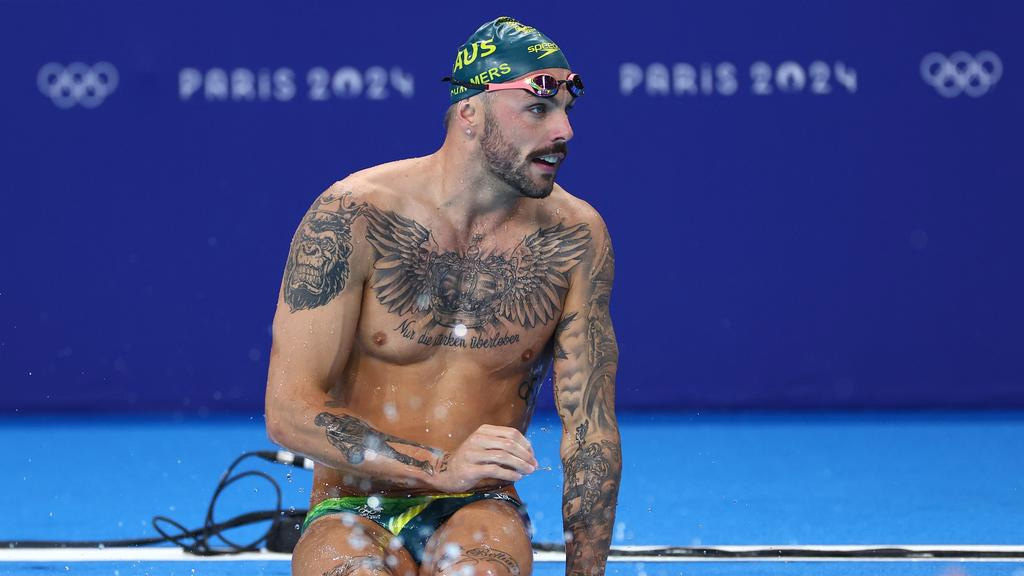
Article by James Willis, courtesy of the Daily Telegraph.

The man who brought the Olympics to Sydney has called on sporting authorities and the federal government to radically overhaul the way we fund our athletes, and follow Great Britain by introducing a national sports lottery system.
Rod McGeoch AM, the sports administrator who successfully led Sydney’s Olympic bid in 2000 said Australia must adopt the British system, where a portion of lotto tickets sold goes to fund national sports programs as well as the arts and charities.
“I’d be totally in support of it. We’ve had a number of sports come out and say that unless they get some new funding they are in big trouble. A lottery was an option we considered for the Sydney Olympic Stadium.” he told The Daily Telegraph.
Britain’s National Lottery was established in 1994, and ticket sales in the jackpot have since raised $75 billion AUD for “good causes” – which includes funding for Olympic athletes.
It was ramped up prior to the London Olympics, when Great Britain claimed a record 29 gold. That was followed by another 27 gold in Rio 2016 and 22 gold in Tokyo 2020.
Speaking recently in the UK, prominent marathon swimmer Alice Dearing said the National Lottery had provided her “incredible funding”, meaning she “can compete in sport… without having to worry about having a part-time job.”
While taxpayer-funded grants have recently increased under the Albanese Government, according to the Australian Sports Commission, elite Olympic athletes, considered a significant podium chance, are eligible for a payment of just $37,500 this financial year.
Other fringe competitors, who are often unlikely to win a medal, are entitled to between $4,000 and $16,000.
Any taxpayer funding also varies depending on an athlete’s after-tax earnings from other forms of income.
It leaves our national competitors in a constant battle between extreme training, finding personal sponsorship and work.
The lack of federal funding means Australia’s richest person, Gina Rinehart is personally funding more than 90 Aussie athletes in Paris, including swimming stars Kyle Chalmers, Kaylee McKeown and Ariarne Titmus.
Australia’s sports funding has always been determined by the government of the day, and has been the subject of mismanagement, including the Australian Sports Commission’s disastrous “Winning Edge” plan.
Professor Richard Baka, an Olympic Scholar from Victoria University said the sports lottery concept was “definitely worth exploring” after the UK success.
“It’s a top up. The lottery has definitely helped Great Britain since they hosted London 2012. Not everyone wants taxpayers’ money spent on Olympic sport. But Australians are going to gamble no matter what. It could also be achieved through an additional gambling tax on sport.”
“Gina Rinehart has kind of been a bit of a saviour… but not every Olympic sport has a Gina Rinehart.”
Sports Management Scholar, Professor Tracy Taylor added “a lottery system affords many advantages, as opposed to using public funds generated through compulsory taxes.”

However, the federal government has ruled out following Britain. A spokesperson from the Department of Health said “it has been previously investigated by multiple Governments and was deemed unviable for a range of reasons, including constitutional restraints.”
A spokesperson for The Lottery Corporation said: “the idea of a lottery to fund sports nationally has previously been explored, although the state-based lottery licensing regime makes it more complicated in Australia.”
Mining magnate Gina Rinehart is personally funding more than 90 Olympic and Paralympic athletes in Paris, including swim stars Ariarne Titmus, Kaylee McKeown, Mollie O’Callaghan, Kyle Chalmers and Emma McKeon.
McKeown, the best backstroker in the world, told 2GB recently the mining magnate was her “life support.”
“Swimmers need sponsorship, and Mrs Rinehart has supported me since I was 16. I am very thankful.”
Australian athletes are also eligible for a “bonus” payment of $13,000 for a gold medal in Paris, $10,000 for silver and $7,000 for bronze.















